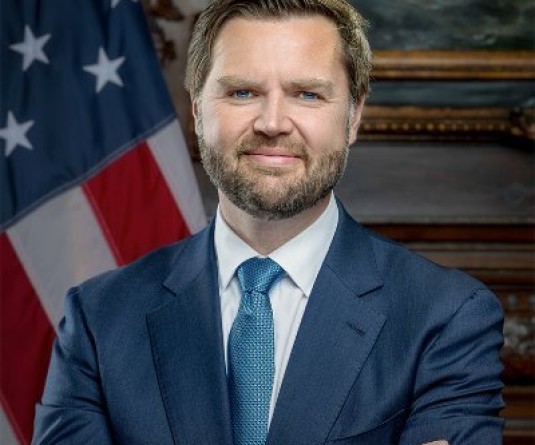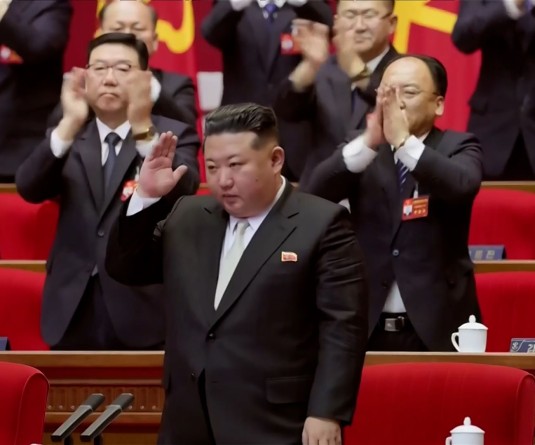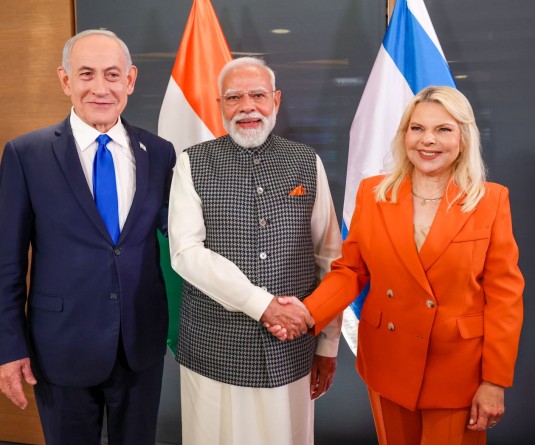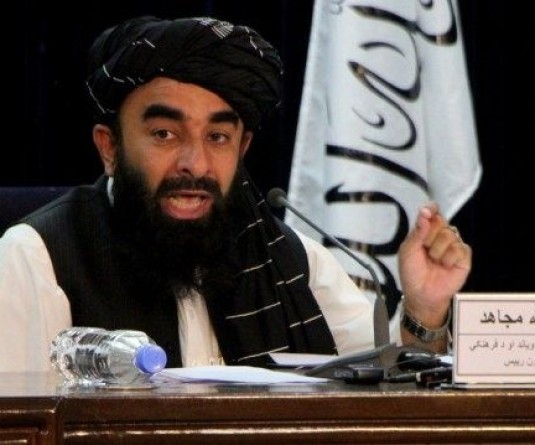Shun hate speech, U.N. tells leaders after U.S. shootings
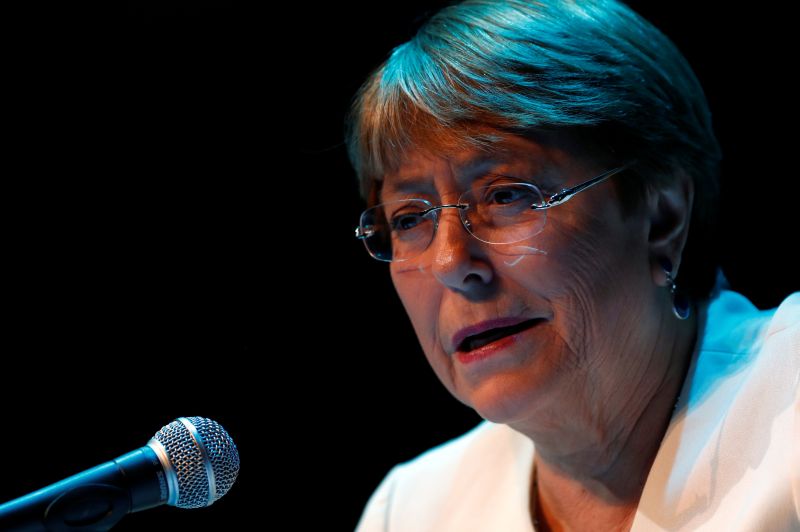
U.N. High Commissioner for Human Rights Michelle Bachelet holds a news conference at Centro Cultural Espana in downtown Mexico City, Mexico on April 9, 2019. (REUTERS File Photo)
GENEVA, August 6 (Reuters): Authorities around the world must avoid encouraging hate speech against minorities including migrants and homosexuals, the United Nations human rights office said on Tuesday, after the latest mass shootings in the United States.
U.S. Democrats accused President Donald Trump of stoking racial divisions after the weekend killing of 32 people in Texas and Ohio, but he responded with a condemnation of "racism, bigotry and white supremacy."
U.N. rights spokesman Rupert Colville welcomed Trump's remarks, though he also said the high commissioner for human rights, Michelle Bachelet, backs stricter gun controls.
"We unequivocally condemn racism, xenophobia and intolerance in all their forms including white supremacy," he said.
"And we call for states in general, including the United States, to take positive steps to eradicate discrimination."
Asked whether Bachelet's office believed Trump's "anti-migrant rhetoric" may have contributed, the spokesman told reporters all authorities should avoid negative stereotypes that foment discrimination or violence.
"We are concerned that these types of messages not only stigmatise and dehumanise minorities - migrants, refugees, women, LGBT and the so-called 'other' - but they also leave targeted persons and communities vulnerable to the risks of reprisals and attacks," he said, noting attacks on synagogues, mosques and a gay nightclub in the United States.
Legislation to regulate hate speech on social media must also balance the right to freedom of expression, he said.
Trump has called for strong background checks on gun buyers, saying "mental illness" and "hatred" are behind shootings.
While mental health might be a factor in some mass shootings, it was not in all, Colville said.
"And the bottom line is if you have assault rifles, there is a risk people will use them, for whatever reason," he added.


